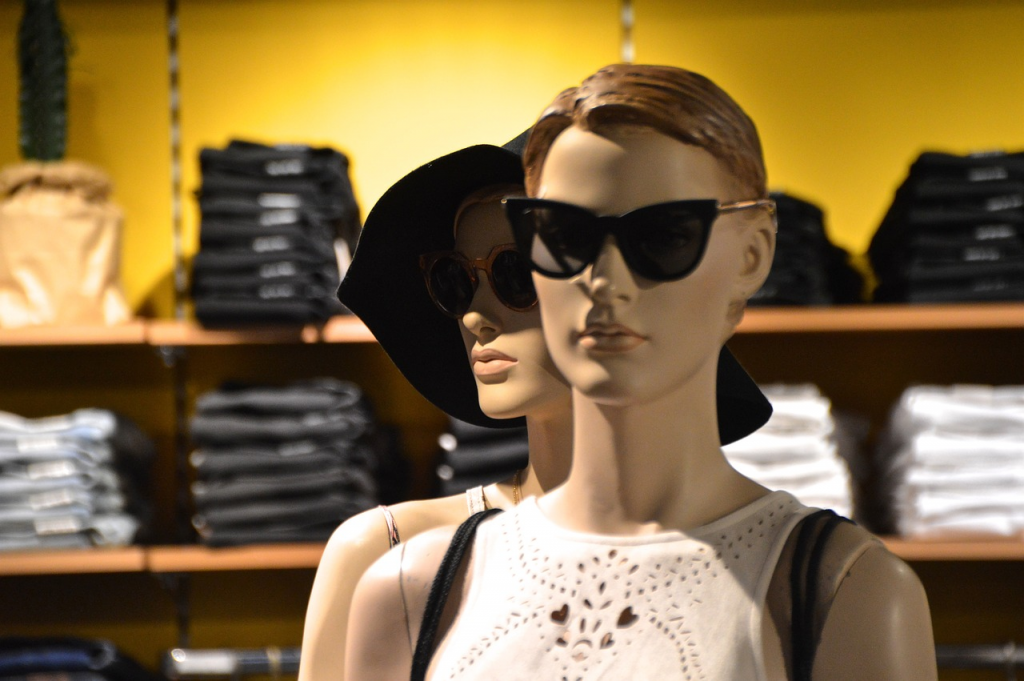
The Glamorous Divide Between Haute Couture and Ready-to-Wear
Why This Debate Matters in Modern Fashion
When it comes to high fashion, there are two towering pillars: haute couture and ready-to-wear (RTW). Both showcase the creative brilliance of designers, but they cater to vastly different audiences. Understanding their differences not only enhances your fashion knowledge but also gives you insight into how runway trends influence everyday style.
Understanding the Basics: Couture vs. RTW
At its core, haute couture represents the pinnacle of fashion artistry. Every garment is meticulously handcrafted and tailored to fit a specific individual. RTW, on the other hand, is designed for mass production and accessibility, bridging the gap between aspirational fashion and the everyday wardrobe.
The Origins of Haute Couture
A Tradition Rooted in Exclusivity
Haute couture, meaning “high sewing” in French, emerged in the mid-19th century. The term became synonymous with luxury, exclusivity, and unparalleled craftsmanship, largely thanks to Parisian designers like Charles Frederick Worth.
The Role of French Fashion in Defining Couture
France continues to guard haute couture fiercely, with strict laws ensuring only select fashion houses meet its rigorous standards. These guidelines preserve the integrity and prestige of haute couture as a hallmark of creativity and excellence.
The Rise of Ready-to-Wear
Fashion for the Masses
The industrial revolution changed everything. As machines enabled mass production, clothing became more affordable and accessible. This shift democratized fashion, paving the way for the rise of RTW.
Balancing Style with Accessibility
RTW doesn’t mean sacrificing style. Designers have mastered the art of blending creativity with practicality, making high fashion concepts wearable for the average consumer.
Key Differences Between Couture and RTW
Design Philosophy
Haute couture emphasizes individuality, with garments designed specifically for a single client. RTW focuses on trends and market demand, producing pieces that appeal to a broader audience.
Materials and Craftsmanship
Couture uses only the finest materials, often incorporating intricate handwork like embroidery or beading. RTW balances quality with efficiency, relying on advanced manufacturing techniques to keep costs down.
Pricing and Audience
Haute couture pieces are investments, often costing tens or hundreds of thousands of dollars. RTW, while still pricey for designer labels, is far more accessible to the general public.
How Runway Looks Influence Reality
The Journey from High Fashion to Everyday Wear
Runway shows set the tone for upcoming seasons. While not everyone can afford a couture gown, its influence trickles down into RTW collections and even fast fashion.
Inspiration from Couture
Designers often borrow themes, colors, or silhouettes from couture, adapting them for mass production. Think of a dramatic ball gown reimagined as a sleek cocktail dress.
Adaptation for Practicality
Couture is art; RTW is utility. Designers modify extravagant details to create wearable yet stylish alternatives for the everyday consumer.
The Role of Designers in Bridging the Gap
Collaborations with High Street Brands
Iconic designers like Karl Lagerfeld and Stella McCartney have collaborated with brands like H&M to bring haute couture-inspired designs to a wider audience.
Seasonal Collections and Trend Setting
RTW collections often preview trends that trickle down to fast fashion. From color palettes to fabric choices, RTW serves as the middleman between couture and the mainstream market.
The Importance of Haute Couture Today
Is Couture Still Relevant?
Though its clientele is niche, haute couture remains a vital part of the fashion ecosystem, pushing creative boundaries and inspiring trends.
Preserving Artistry in Modern Fashion
Couture keeps traditional techniques alive, from hand embroidery to intricate tailoring. It’s a celebration of craftsmanship in an increasingly industrialized world.
The Symbolism of Exclusivity
Owning a couture piece is more than wearing clothing—it’s owning a piece of art. This exclusivity fuels its allure, making it a coveted status symbol.
The Growing Appeal of Ready-to-Wear
Why RTW Dominates the Industry
RTW collections dominate sales for most fashion houses, thanks to their convenience and broader appeal.
Convenience and Affordability
RTW pieces are designed to fit standard sizes and budgets, making them accessible to millions of people worldwide.
Rapid Response to Consumer Demands
With shorter production cycles, RTW can quickly adapt to trends, keeping fashion fresh and relevant for consumers.
Blurring the Lines: Couture-Inspired RTW
When High Fashion Meets the Everyday
Affordable luxury brands like Tory Burch and Michael Kors incorporate couture-inspired details into RTW designs, offering the best of both worlds.
Affordable Luxury Brands
Labels like Coach and Kate Spade cater to consumers seeking high-quality fashion without the couture price tag, blending style and practicality seamlessly.
Couture Elements in RTW Design
Details like embroidery, unique prints, and premium fabrics allow RTW collections to capture the essence of couture while remaining functional.

Couture and RTW: Partners in Fashion’s Evolution
Haute couture and RTW may occupy different realms, but they’re deeply interconnected. Couture inspires, while RTW translates those ideas into wearable trends. Together, they shape the way we experience fashion, balancing artistry with accessibility.







